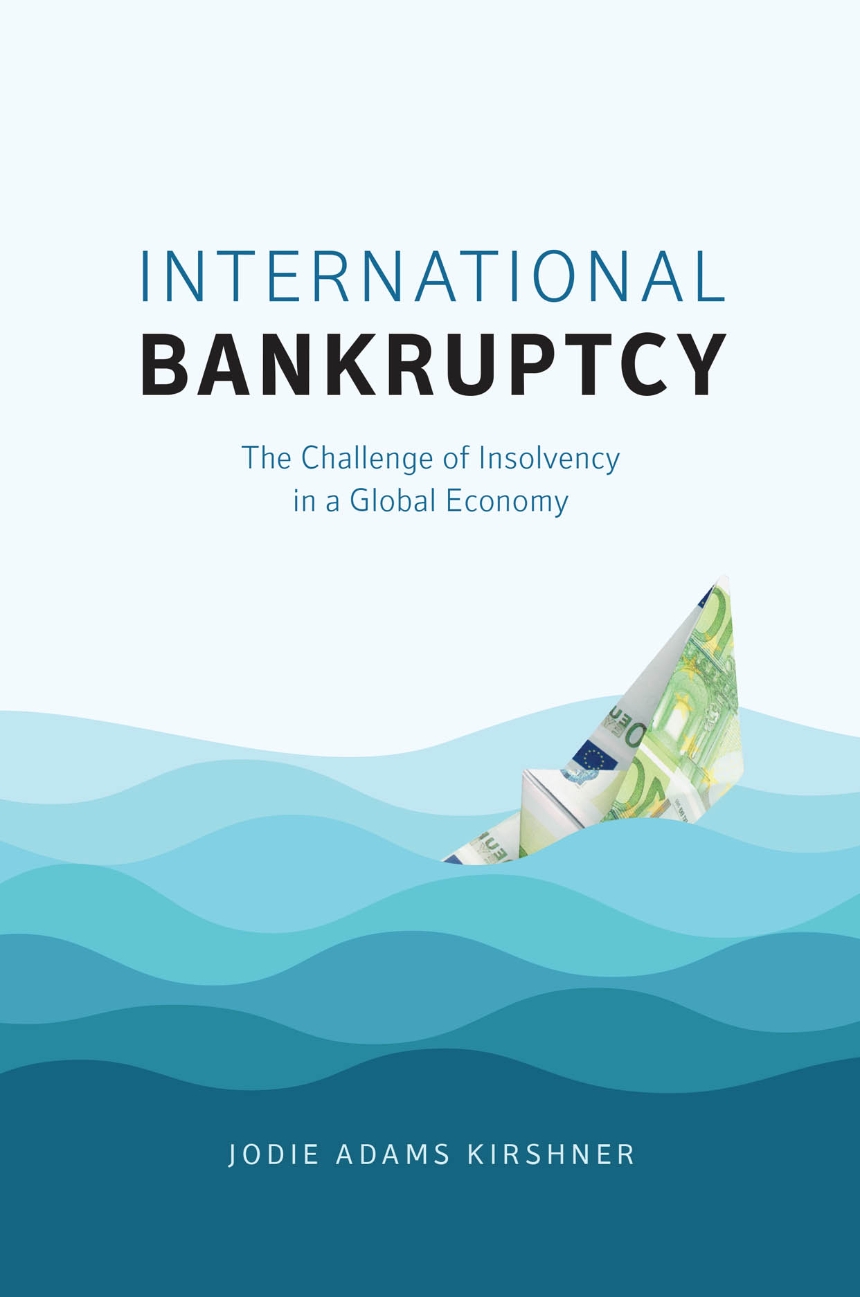International Bankruptcy
The Challenge of Insolvency in a Global Economy
9780226531977
9780226532028
International Bankruptcy
The Challenge of Insolvency in a Global Economy
With the growth of international business and the rise of companies with subsidiaries around the world, the question of where a company should file bankruptcy proceedings has become increasingly complicated. Today, most businesses are likely to have international trading partners, or to operate and hold assets in more than one country. To execute a corporate restructuring or liquidation under several different insolvency regimes at once is an enormous and expensive challenge.
With International Bankruptcy, Jodie Adams Kirshner explores the issues involved in determining which courts should have jurisdiction and which laws should apply in addressing problems within. Kirshner brings together theory with the discussion of specific cases and legal developments to explore this developing area of law. Looking at the key issues that arise in cross-border proceedings, International Bankruptcy offers a guide to this legal environment. In addition, she explores how globalization has encouraged the creation of new legal practices that bypass national legal systems, such as the European Insolvency Framework and the Model Law on Cross-Border Insolvency of the United Nations Commission on International Trade Law. The traditional comparative law framework misses the nuances of these dynamics. Ultimately, Kirshner draws both positive and negative lessons about regulatory coordination in the hope of finding cleaner and more productive paths to wind down or rehabilitate failing international companies.
With International Bankruptcy, Jodie Adams Kirshner explores the issues involved in determining which courts should have jurisdiction and which laws should apply in addressing problems within. Kirshner brings together theory with the discussion of specific cases and legal developments to explore this developing area of law. Looking at the key issues that arise in cross-border proceedings, International Bankruptcy offers a guide to this legal environment. In addition, she explores how globalization has encouraged the creation of new legal practices that bypass national legal systems, such as the European Insolvency Framework and the Model Law on Cross-Border Insolvency of the United Nations Commission on International Trade Law. The traditional comparative law framework misses the nuances of these dynamics. Ultimately, Kirshner draws both positive and negative lessons about regulatory coordination in the hope of finding cleaner and more productive paths to wind down or rehabilitate failing international companies.
288 pages | 6 x 9 | © 2018
Economics and Business: Economics--International and Comparative
Law and Legal Studies: International Law, Law and Economics
Reviews
Table of Contents
Acknowledgments
Introduction: Why a Book on International Bankruptcy Law?
1 Why Have So Many Bankruptcies Crossed Borders?
2 What Problems Have the Cross-Border Developments Caused?
3 What Questions Must the Law Answer in Cross-Border Bankruptcies?
4 What Have Efforts to Harmonize Answers Accomplished?
5 In the Absence of More Harmonization, What Other Developments Have Taken Place?
Conclusion: Where Do We Go from Here?
Notes
Index
